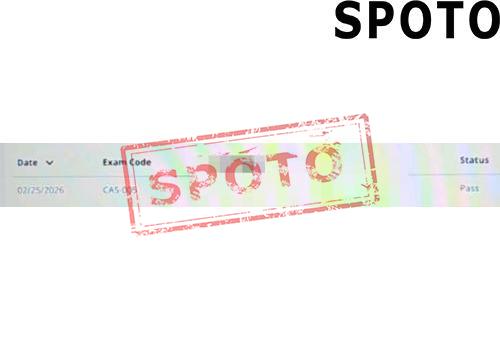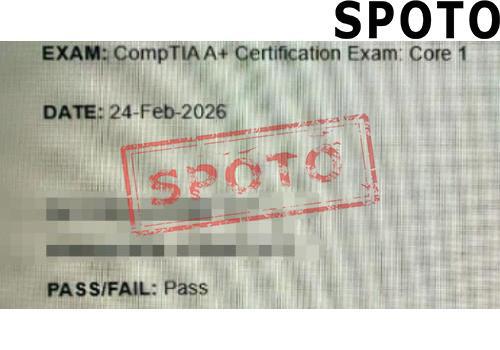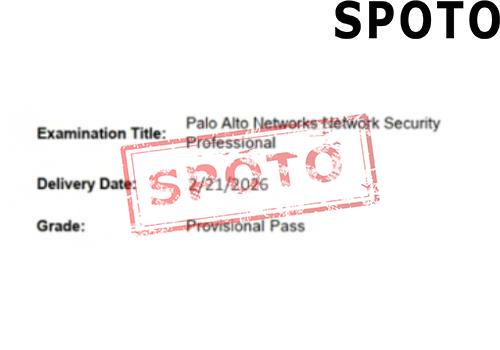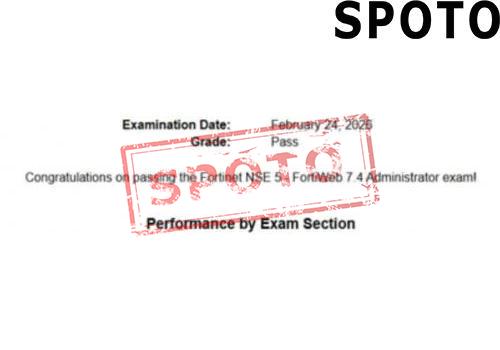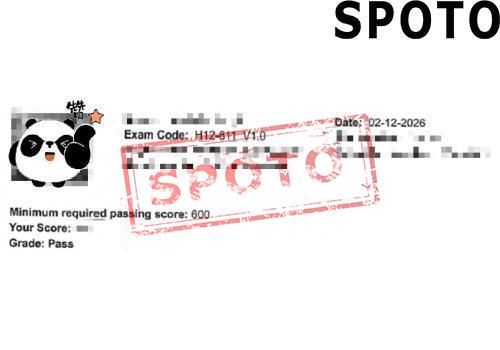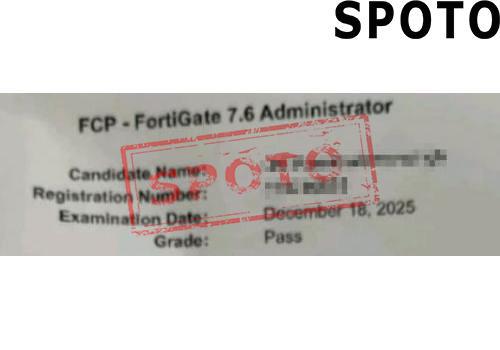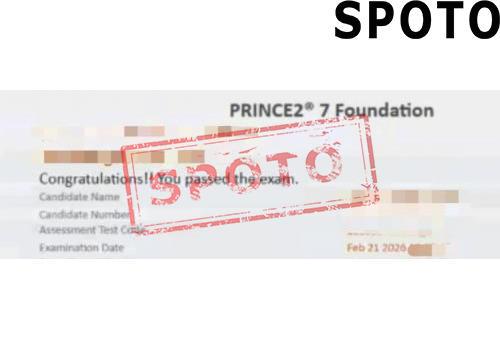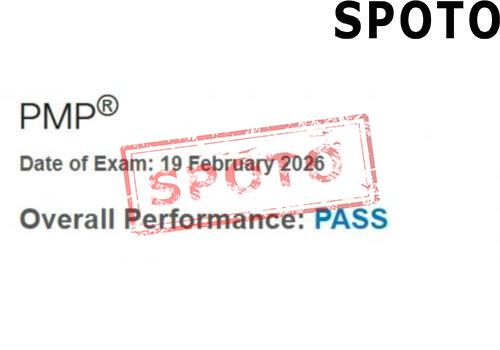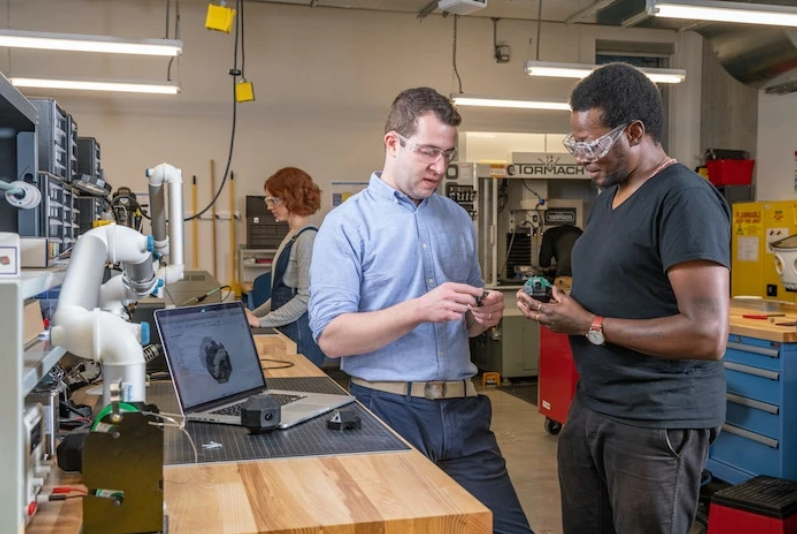
Table of Contents
- What Is a Cloud Collaboration Engineer?
- Responsibilities of a Cloud Collaboration Engineer
- Skills Required
- Typical Job Description
- How to Become a Cloud Collaboration Engineer
- Cloud Collaboration Engineer vs. Collaboration Specialist
- Daily Tasks Overview
- Tools & Technologies Used
- Real-World Project Examples
- Why the Role Matters
What Is a Cloud Collaboration Engineer?
A Cloud Collaboration Engineer specializes in architecting, deploying, and optimizing cloud platforms that enable real-time teamwork—such as Microsoft Teams, Zoom, Slack, and Salesforce Chatter. They seamlessly integrate cloud infrastructure, networking, automation, and user experience to support secure and efficient collaboration for distributed teams.
Responsibilities of a Cloud Collaboration Engineer
Cloud Architecture & Deployment
-
Design scalable, multi-region collaboration environments using AWS, Azure, or Google Cloud.
-
Configure VMs, networking, firewalls, storage, and identity management.
Security & Compliance
-
Implement access controls, encryption, and compliance measures; ensure alignment with regulations like GDPR and HIPAA.
Monitoring & Incident Response
-
Continuously monitor system health and respond to alerts and outages in real time.
Cost & Performance Optimization
-
Global public cloud spending is projected to reach $723.4 billion in 2026.
-
32% of cloud budgets are typically wasted due to idle or overprovisioned resources.
-
60% of companies rank cost savings as their top cloud initiative.
Cross-Team Collaboration
-
Partner with developers, security, networking, and business teams to align infrastructure with organizational goals.
Skills Required
Technical Skills
-
Cloud Expertise: 96% of companies use at least one public cloud; 50% of their workloads reside there.
-
Infrastructure as Code (IaC): Tools like Terraform and CloudFormation.
-
Networking: Fundamentals like IP, VPC, DNS, and load balancing.
-
Containers & Orchestration: Docker, Kubernetes.
-
Scripting & Automation: Python, Bash, PowerShell.
-
Security & Governance: Identity and access management, encryption.
Soft Skills
-
Communication & Teamwork: Essential for cross-functional collaboration.
-
Problem-Solving: Most in-demand soft skills proven essential for IT roles.
-
Adaptability & Continuous Learning: Crucial in a rapidly evolving cloud landscape.
Typical Job Description
Position: Cloud Collaboration Engineer
Key Duties:
-
Build and maintain 24/7 cloud-based collaboration systems.
-
Automate deployments and manage IaC.
-
Monitor performance, ensure reliability, and optimize spend.
-
Enforce compliance and manage audits.
-
Document configurations and prepare SOPs.
Qualifications:
-
Bachelor’s in Computer Science, IT, or similar.
-
Minimum 3 years of experience in cloud engineering or related roles.
-
Certifications such as AWS Certified Solutions Architect, Azure Solutions Architect, Google Cloud Professional Cloud Architect.
-
Hands-on experience with scripting, IaC, networking, and security.
How to Become a Cloud Collaboration Engineer
-
Educational Foundation & Certifications: Obtain a relevant degree and cloud certifications.
-
Technical Skill-Building: Learn Linux/Windows, networking, IaC, scripting, containers, and security.
-
Hands-On Practice: Deploy collaboration tools, implement migrations, and handle cloud integrations.
-
Develop Soft Skills: Hone communication, teamwork, and troubleshooting abilities.
-
Build a Portfolio: Showcase real projects and pursue advanced certifications (e.g., CCNP Collaboration).
-
Stay Engaged: Join cloud communities and stay updated with emerging technologies like serverless and FinOps.
Cloud Collaboration Engineer vs. Collaboration Specialist
| Aspect | Cloud Collaboration Engineer | Collaboration Specialist |
|---|---|---|
| Focus | Backend deployment, automation, infrastructure | End-user support, training, and adoption strategies |
| Key Skills | Cloud platforms, IaC, network, security | User UX, communication, training |
| Objective | Build scalable, secure systems | Increase user engagement and effective adoption |
Daily Tasks Overview
-
Morning system health checks and incident reviews.
-
Provision or adjust cloud configurations.
-
Apply updates and security patches.
-
Refine IaC templates and automation pipelines.
-
Conduct stakeholder planning sessions.
-
Analyze metrics for performance and cost.
-
Troubleshoot emerging issues.
-
Update documentation and SOPs.
Tools & Technologies Used
-
Cloud Platforms: AWS, Azure, GCP
-
IaC: Terraform, CloudFormation
-
Containers: Docker, Kubernetes
-
CI/CD: Jenkins, GitHub Actions, Azure DevOps
-
Monitoring/Security: CloudWatch, Azure Monitor, Splunk
-
Collaboration Tools: Microsoft Teams, Zoom, Slack, Salesforce Chatter
Real-World Project Examples
-
Enterprise Teams Migration: Built a hybrid network infrastructure on Azure with SSO and compliance integration.
-
Automated Slack Onboarding: Developed Terraform scripts to set up workspaces, channels, and permissions.
-
Zoom DR Implementation: Engineered cross-region AWS configurations with auto-failover capabilities.
Why the Role Matters
With nearly all enterprises (94%) expected to use cloud services by 2026, and cloud costs often exceeding plans by 17%, the role of cloud collaboration engineers is essential. They ensure collaboration platforms are secure, reliable, cost-effective, and agile—enabling businesses to stay connected and compliant at scale.


